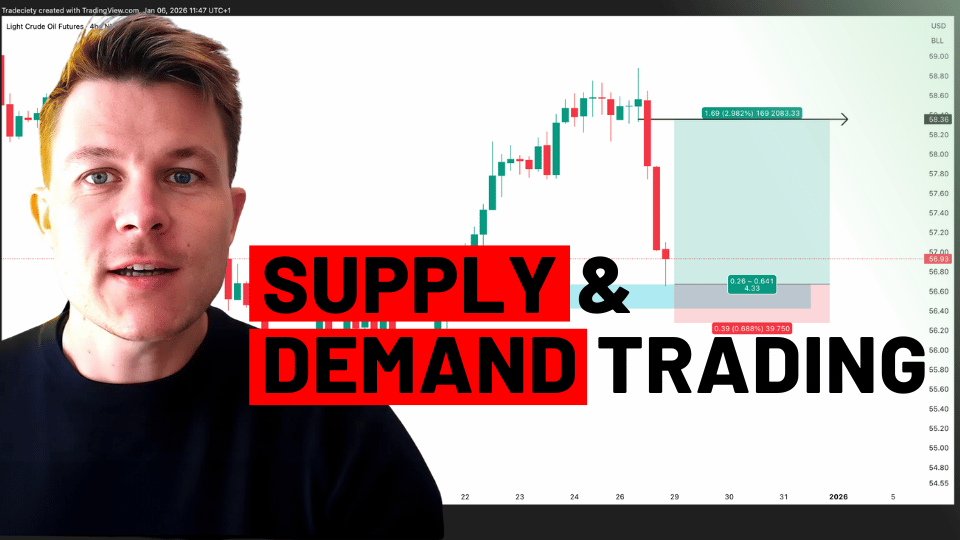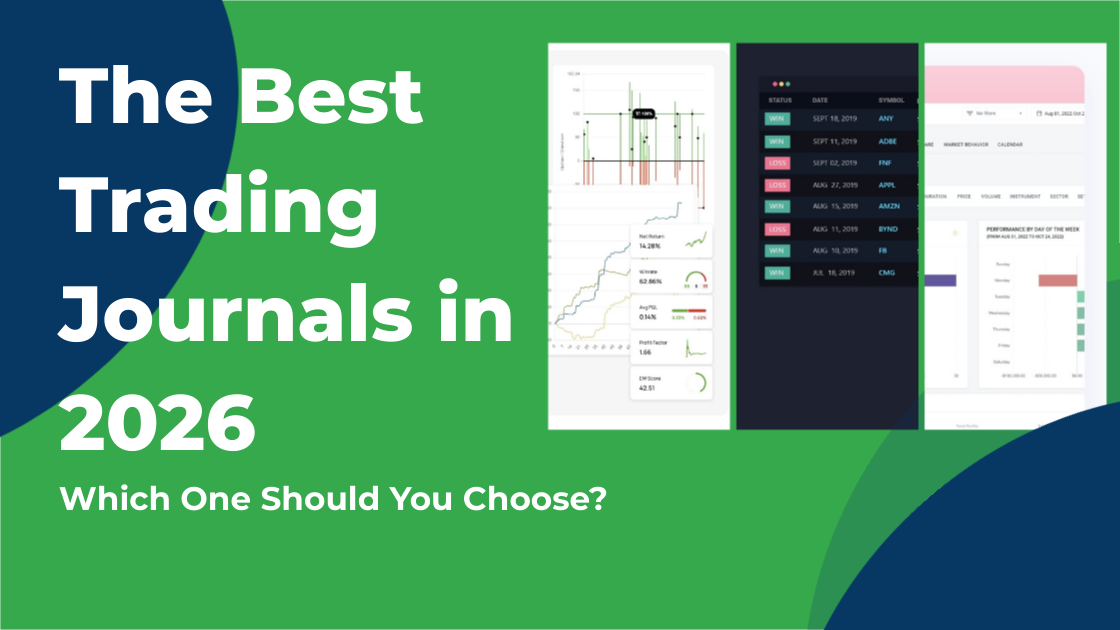Supply and Demand Trading in 2026
We have been trading supply and demand strategies for over ten years, and they have stood the test of time remarkably well. Supply and demand is...
Trading is a very special profession and trading successfully requires a unique set of skills. The following overview provides a detailed list of skills and characteristics a person needs to possess in order to trade at a high level. The list is supposed to help you perform a self-check and to find weaknesses that make trading harder than it has to be. Remember, awareness is the first step towards correcting behavior.
Not only in trading, self-awareness is a key attribute of any professional and successful person. Only by being self-aware you can identify your weaknesses and find out how to correct them and be aware of your strengths in order to capitalize on them.
A self-aware person is clear about his/her own character traits and does not try to hide them. Furthermore, a self-aware trader can pick the optimal trading strategy and style because he knows himself and also understands which trading approach fits his personality. Therefore, self-awareness sets the tone for the following discussion and is a vital factor for your success as a trader and in life.
Most traders are process-oriented thinkers which means that they only judge their abilities based on the outcome of their trades and their P&L (broker account statement). Professional traders understand and internalize that not all losing trades are bad and not all winners are necessarily good. The way a trader executes his trades, how he performs his analysis and the way he respects his rules is much more important over the long-term than the outcome of a single trade. The video below explains the differences between results and process-oriented thinking.
Especially in forex where leverage is high and where individuals with very little capital can start trading, the amount of sensation seeking and gambling-oriented traders is high.
Related article: Why do you trade? Who loses the most in trading and why.
Therefore, check your objectives and your motives before you start trading. If you are just in for a quick buck and believe that trading is the easy way to make money on the side, you might not have what it takes to become a successful trader.
The fact that it requires a lot of discipline and traders have to work long hours is often played down to keep the image of the stress-free and independent lifestyle alive. In the end, trading is just like any other profession and unless you put in the work, you will not come far.
A trading day starts early by preparing a trading plan, doing market research and creating trading scenarios for the day ahead. After you are done with your actual trading, it is time to review your trades, note them down in your trading journal and analyze your behavior.Traders can check themselves very easily by the amount of time they dedicate to preparation (creating a trading plan) and keeping a detailed trading journal.
Patience is a key virtue of a trader. After creating a trading plan and setting up potential trade-scenarios, a trader has to sit back, observe and analyze what is going on and wait until all signals align that signal a trade entry. Waiting can make up a great amount of time and if you read interviews from the top traders, they unanimously state the ability to wait for trading opportunities as very important.
Often, traders do everything right. They create a sound trading plan, they wait patiently for all criteria to be in place, but the trade still turns out to be a loser. In trading, even if you follow your rules religiously, there is no guarantee that you will win a trade. Losing streaks can stretch themselves over long periods and traders have to be able to still come back day after day and perform at a top level.
How well can you handle losses? Do you get frustrated a lot and easily? Do you tend to over-trade or revenge-trade? The emotional state of a trader is very important.
Successful traders have big egos, but when they come to their trading platform, they don’t let it come in the way of their decisions. When their trade idea is wrong, they accept it, take the loss and move on to the next trade. Profitable traders do not personalize losses.
As a trader, you have to make your decisions by yourself. You have to trust in your trading methodology and your edge. Especially amateur traders constantly seek advice from other people in forums or other places. A sign that you are going into the wrong direction is when you start asking for other peoples’ opinions when you are in a losing trade, but want to find reasons why you should stay in longer.
Always make your decisions self-determined and take responsibility for your losses. Don’t blame the markets or other circumstances. If you take full responsibility, you are more likely to identify negative trading patterns and behavior.

We have been trading supply and demand strategies for over ten years, and they have stood the test of time remarkably well. Supply and demand is...

3 min read
Choosing the right trading journal is essential for traders wanting to analyze performance, refine strategies, and improve consistency. In this...

3 min read
“95% of all traders fail” is the most commonly used trading related statistic around the internet. But no research paper exists that proves this...